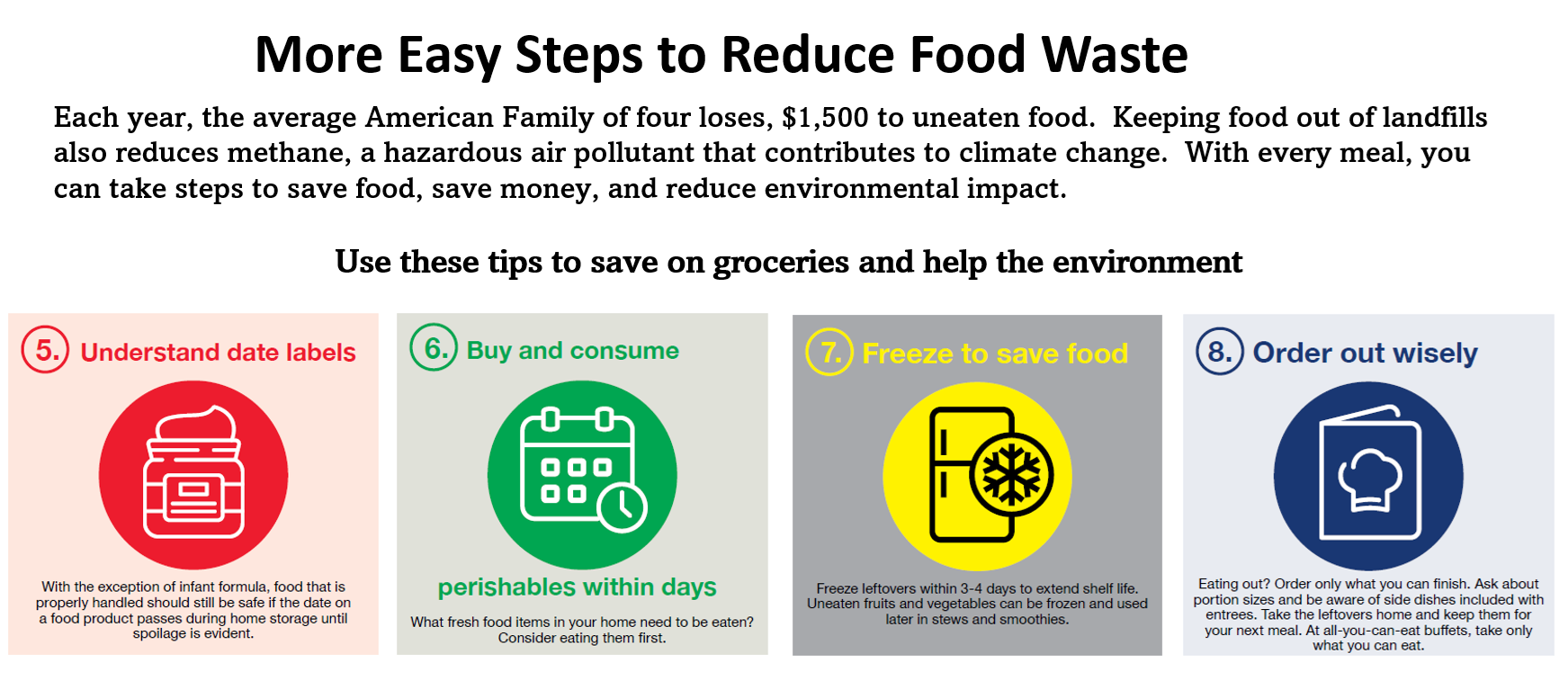Edible Food Recovery Microgrant
The cities of Citrus Heights, Elk Grove, Galt, Folsom, Rancho Cordova, Sacramento, and the County of Sacramento have developed a regional collaboration, Capital Food Access Alliance. The Capital Food Access Alliance is releasing Edible Food Recovery Microgrants to help local organizations expand their capacity to accept food donations for distribution throughout the community.
Award Amount: Applicants may request a minimum of $5,000 and a maximum of $25,000.
Grant Application Period: Applications accepted June 2024 through November 2024. Applications will be reviewed once per month. Notifications of award will be provided on a rolling basis.
Grant Term: 6 Months.
Funds may be used by award recipients for qualified expenditures listed in the awardees approved budget and in accordance with Microgrant requirements. Funds must solely benefit food recovery efforts in the Sacramento County region. This grant does not require matching funds or cost-sharing. Funds will be provided upfront. Applicants do not need to request reimbursement.
Capital Food Access Alliance may extend or reopen the application cycle and launch a larger grants program with higher funding limits. Notwithstanding failure to meet the contractual requirements of a Microgrant agreement, award of an Edible Food Recovery Microgrant does not preclude an organization or business from applying for future grant opportunities with Capital Food Access Alliance.
Please register at capfoodaccess.org/registration/ to access Microgrant information and apply.
What is Senate Bill (SB) 1383?
In September 2016, the State set methane emission reduction target for California in Senate Bill 1383, intended as a statewide effort to reduce emissions of short-lived climate pollutants (like organic waste) in various sectors of California's economy.
SB 1383 establishes statewide target to reduce the amount of organic waste disposed of in landfills (50% reduction by 2020 and 75% by 2025). It also set a goal to rescue at least 20% of currently disposed edible food by 2025 and redirect that food to people in need.
What types of businesses have to comply?
Tier 1 businesses typically have more produce, fresh grocery and shelf-stable food to donate. Examples are Wholesale food Vendors, food Service Providers, Food distributors and Grocery stores ≥ than 10,000 sq. ft. and Supermarkets.
| Tier 2 businesses typically have more prepared foods to donate, which often require more careful handling to meet food safety requirements (e.g. time and temperature controls). Examples are Hotels with On-site Food Facility and 200+ rooms, Restaurants Facilities ≥ 5,000 sq. ft. or 250+ seats, Health Facilities with On-site Food Facility and 100+ beds, State Agency Cafeterias ≥ 5,000 sq. ft. or 250+ seats, Local Education Agencies with On-site Food Facility.

|
Why recover edible food?
- Save Food: Californians send over 6 million tons of food scraps or food waste to landfills each year, of which almost 1 million tons are potentially donatable, edible food.
- Feed People: Over 9 million Californians (23%) don't know where their next meal will come from.
- Fight Climate Change: Food that ends up in landfills emits greenhouse gases, contributing to climate change.
For more information on SB1383
Workshop Presentations and Outreach:
Environmental Health hosted free SB 1383 Edible Food Recovery Workshops for all Tier 1 and Tier 2 Edible Food Generators. California Senate Bill 1383 is a statewide law which aims to protect our environment and strengthen our communities by preventing surplus, edible food from being needlessly tossed into landfills by redirecting that food to those in need.
 Frequently Asked Questions:
Frequently Asked Questions:
These new requirements are part of the State's SB1383 regulations. One of the provisions of SB1383 is to increase statewide edible food recovery to 20% of edible food that would otherwise be disposed by 2025.
For Tier One Edible Food Generators, the requirements go into effect starting January 1, 2022. For Tier Two Edible Food Generators, the requirements go into effect starting January 1, 2024.
Edible food means foods intended for human consumption. Permitted food facilities such as restaurants, hotels, grocery stores, food processing facilities, food distributors and caterers can donate prepared foods and meals (e.g. hot trays that remained back-of-house) to non-profit charitable organizations or individuals directly. Foods that have been previously served to a consumer cannot be donated.
The County is working on an education campaign to inform businesses about this new regulation. In addition to this website, the County has developed a Commercial Edible Food Recovery Brochure with the regulatory highlights, and is working to identify businesses that meet the criteria as Tier One and Tier Two Edible Food Generators. The County will be reaching out to these businesses to provide information, confirm status designation, and provide businesses an opportunity to ask questions.
If you have been designated as a Tier One or Tier Two Edible Food Generator but do not believe this designation is accurate, you can email EMDinfo@SacCounty.gov, provide your business name, and the reason you believe the designation is in error.
Donating
Donating surplus food from restaurants and other food facilities can be a sustainable and simple way to help local non-profit and charitable organizations serve those in need in our community.
Food Recovery Services & Organizations in Sacramento County Unincorporated Area
Sacramento Food Bank & Family Services
1951 Bell Avenue, Sacramento, CA 95838
(916) 456-1980
Accepts donations of non-perishable food from the Sacramento area.
